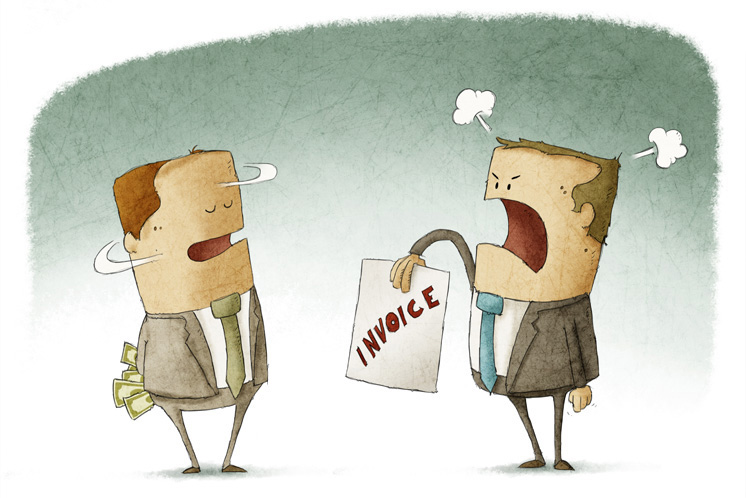
| Date Published | October 16, 2014 |
| Company | The Interface Financial Group |
| Article Author | Daryl Turko |
| Article Type | PULSE Interactive Newsletter Oct. 2014 |
| Category | PULSE Interactive, The Beat |
| Tags | Business Funding, Cash Flow, Invoice Discounting, S&S |
| HUB SEARCH | Interface |
The problem is nothing new, it has been prevalent for a long time and yet there are still only a very few viable financing methods available for businesses.
When we think of finance and capital for expansion, the natural thing is to approach one’s bank for assistance. Unfortunately, there remains an ongoing reluctance among the banking fraternity to offer loans to small t medium size businesses that require $25,000 to $75,000.
In the main, the reasons seam to be two-fold. First, the banks are “equity†lenders and expect their customer to have established some equity in the form of capital and retained earnings before the bank can accommodate their needs. By its very nature, small business usually is under capitalized. Most of the companies requiring this level of financial help are not likely to have been in business more than two or three years. Therefore, they are at a point in their existence when the business is only just starting to become profitable. Consequently, when the  need arises for additional working capital, the customer cannot meet the bank’s requirements.
need arises for additional working capital, the customer cannot meet the bank’s requirements.
Second, for banks to make small business loans they must do so on a profitable basis. Lending $25,000 to a small company probably has the same administrative cost to the lender as lending $250,000. It is natural, therefore, that the lender will chose the larger opportunity as it carries the same administrative cost but yields a higher income for the bank.
All business people would agree that if their business was 100% “cash on deliveryâ€, they would have all the cash they need to fuel their expansion program. Business is naturally not so simple. Customers expect terms on their purchases, usually 30 days; that spreads into 45 to 60 days; that problem is then compounded by the reluctance of many businesses to call and ask for payment, even overdue payments. So, for a business to survive, it must extend terms and tie up its valuable working capital in passive accounts receivable.
Entrepreneurs can find relief from this often-crippling cycle by utilizing a financial service known as “Invoice Discountingâ€. This service immediately turns quality, current accounts receivable into cash for the supplier.
 The Invoice Discounting service is often confused with factoring, however, in a factoring arrangement, the factor normally requires all receivables to be included in the lending arrangement and also includes certain monthly minimum sales requirements. The factor also expects to undertake much or all of the accounts receivable administration work including day-to-day contact with the customers.
The Invoice Discounting service is often confused with factoring, however, in a factoring arrangement, the factor normally requires all receivables to be included in the lending arrangement and also includes certain monthly minimum sales requirements. The factor also expects to undertake much or all of the accounts receivable administration work including day-to-day contact with the customers.
These features are not present in a typical Invoice Discounting service. It is a “use it as you need it†arrangement designed specifically to act as a bridge in meeting the needs of small to medium size businesses during their formative period.
From a mechanical point of view, Invoice Discounting is quick and straightforward. There is a minimum of paperwork. Typically as an invoice is produced and the good are shipped then the documents is purchased by the Invoice Discounter and the Discounter releases cash to the company, usually within a matter of hours. The company (the supplier) and the invoice discounter work together in terms of the administration and collection of the purchased receivable. This ensures there is no disruption in the valuable supplier-customer relationship.
Invoice Discounting is both cost effective and very user friendly.
When the bank says NO or NO MORE, there is no need to give up – there may be a viable alternative in the form of a professional invoice discounting service.